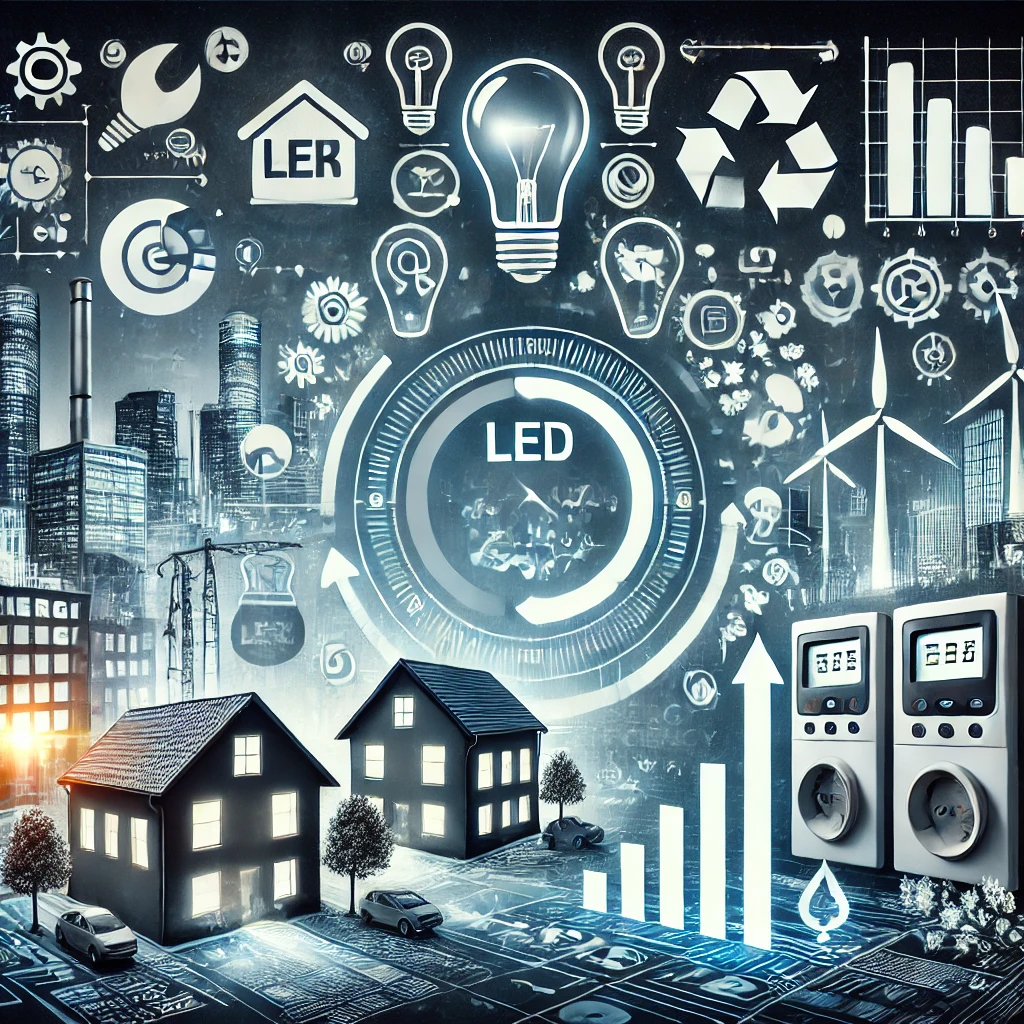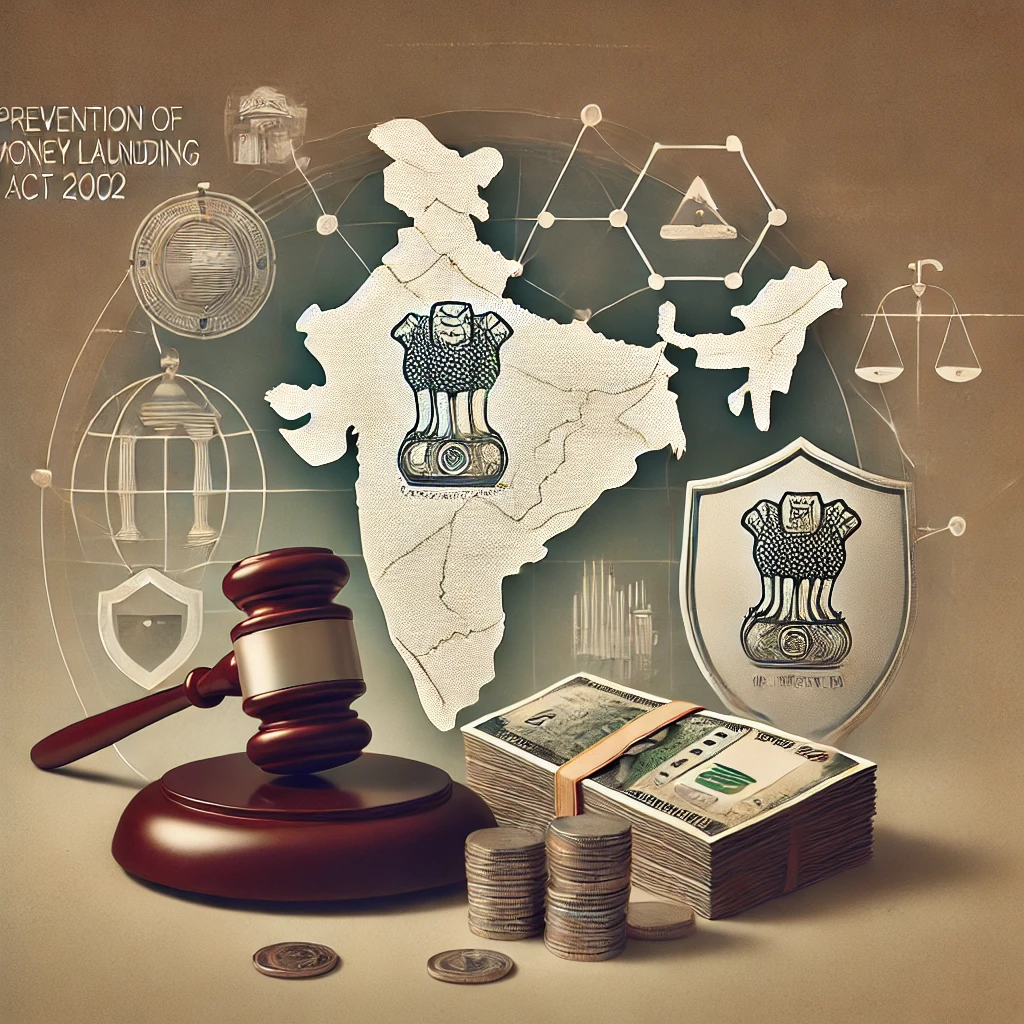Energy Efficiency; Saving energy will thus become unavoidable in the realization of a sustainable future. It just means doing the same thing but using less energy, thereby avoiding wasted energy. This helps save natural resources and makes things less dreadful for the environment. Proper application of energy-saving ideas can significantly decrease energy consumption in homes, industries, and transport. Energy saving has nothing particularly to do with high-tech gadgets. Nor has it anything to do with a long way of practice and wise decisions in day-to-day life.
- Energy-Efficient Appliances: These appliances consume less energy and hence cut down the electricity bills.
- Installation of LED instead of old bulbs saves energy
- Proper insulation of buildings reduces heating as well as cooling requirements
- Upgradation of industrial machines helps in cutting the consumption of power.
- Regular car maintenance increases fuel efficiency and reduces emissions.
| GS Paper | GS Paper I, GS Paper III |
| Topics for UPSC Prelims | Basics of Energy Efficiency, National Mission for Enhanced Energy Efficiency (NMEEE), Energy Conservation Building Code (ECBC) |
| Topics for UPSC Mains | Energy efficiency policies and programs, Impact of energy efficiency on economic growth, Role of Bureau of Energy Efficiency (BEE) |
What is Energy Efficiency?
In other words, using less energy to achieve the same levels of work. For example, an energy-efficient washing machine consumes fewer units of electricity compared to a normal washing machine in doing the same work when washing clothes. In other words, less energy usage with equivalent or even superior performance. To date, most countries promote energy efficiency as a way of conserving energy and mitigating the emissions associated with greenhouse gases.
Energy efficiency has many benefits. It saves costs, saves the environment, and reduces carbon footprint. It also prolongs the lifetime of resources such as fossil fuels. It decreases the need for energy imports, which is an economic benefit. This encourages innovation and the creation of new energy-efficient products and technologies.

Importance of Energy Efficiency
Proper energy efficiency matters because it requires energy resources to be used responsibly. It affects the environment directly and also economically. This is important because countries save by conserving energy since they will use less of the non-renewable sources such as coal and oil. This action leads to the combating of climate change due to decreased carbon emissions.
Reduces Energy Costs
Improved energy efficiency reduces energy usage. This would directly cut utility costs for houses and organizations. In addition, the same machines and systems would operate with less energy to achieve the same work, thus cutting expenses many years down the line in substantial amounts, which could be plowed back into other areas of the economy or personal pockets.
Decreases Harm to the Environment
Energy efficiency helps in reducing the consumption of energy and hence can reduce the emission levels of greenhouse gases as lesser energy will be consumed in different activities. Less energy consumption means reliance on fossil fuel diminishes, meaning our carbon footprint is reduced too-to create a clean environment and to fight the problem of climate change.
Improves Energy Security
This helps nations reduce dependence on energy imports; thus, it improves national energy security by reducing vulnerability to the disruption of foreign energy supplies and fluctuations in international energy prices. This develops a more stable and resilient energy system.
Promotes Sustainable Development
Energy efficiency can, therefore, lead to sustainable development through the effective and responsible use of energy resources. It will ensure that a more balanced needs both for this and future generations may come about while saving resources, promoting economic and environmental sustainability in the long run.
Boosts Economic Growth
Investment in energy efficiency will spur economic growth by increasing employment in industry manufacture, installation, and maintenance of energy-efficient technologies hence increasing the productivity by reducing costs of operations to the businesses, which further increases their competitiveness and profitability.
Improves Public Health
Reducing the energy consumption will lower the emissions of sulfur dioxide and nitrogen oxides, which are considered bad pollutants to human health. Cleaner sources of energy and improvements in efficiency lead to quality air, public health, and savings in healthcare costs.
Increases Property Value
Energy-efficient buildings and houses are even more likely to have a high market value due to low operating costs and increased comfort. Energy-efficient windows, insulation, and HVAC systems present increased features of that property, and it will sell at a higher resale value to homebuyers.
Promotes Technology Innovation
The search for energy efficiency encourages technological innovation since new, modern technologies and solutions are developed. Innovations, resulting from research and investment in energy efficiency technologies, can further reduce energy consumption and improve performance.
Enhances the Stress on Energy Infrastructure
Energy efficiency eases the load on the energy sector’s existing infrastructure: power plants and transmission networks. In other words, by reducing energy consumption, we literally save the need for supplementary investments into the infrastructure and its maintenance as a whole, gaining an effective and more reliable energy system.

What is State Energy Efficiency Index 2023?
The SEEI 2023 happens to be a benchmark that helps in tracking the energy performance of Indian states. This index has been used to grade states on their initiatives and achievements in terms of energy efficiency. It inspires states to put energy-saving measures in place and share best practices with one another. These include policies on energy saving, infrastructure, and innovations. It nurtures competition among the states towards effective energy management through the practice.
Simple Ways to Boost Energy Efficiency in Your Home
Energy efficiency savings do not mean compromise of comfort. That’s the intelligent choice that ultimately benefits the consumer and the environment. For example, an insulated home can maintain its desired temperature level without overloading the heating or cooling systems.
Use Energy Efficient Appliances
Old appliances should be replaced with ENERGY STAR-rated appliances; this will ensure that there is less energy usage. New energy-efficient appliances will take less power, work better, reduce utility bills, and make homes more efficient.
Programmable Thermostat
A programmable thermostat allows you to schedule heating and cooling schedules according to your daily routine. This ensures that energy is not wasted when you are not present; it saves energy and results in fewer utility costs.
Windows and Doors Sealing
Seal every opening to windows and doors with weatherstripping or caulking. Indoor temperatures are stable when well sealed, which reduces the amount of heat and air conditioning needed thereby reducing energy bills
Replace Bulbs with LED Lighting
LED bulbs may use up to 80% less energy compared to the wattage incandescent bulb and can also last much longer compared to the incandescent bulb. Changing old bulbs with LEDs can greatly reduce electricity usage as well as the lighting bill
Insulate Your House
Properly Insulate the walls, attics, and floors of your house. Adequate insulation maintains minimal indoor temperature swings, thereby reducing heating and cooling loads and saves on energy-related expenses.
Utilize Energy-Saving Power Strips
Place all your electronics on energy-saving power strips such that they can be easily switched off when out of use. This way, you eliminate appliances and equipment from wasting energy even if they are turned off, popularly called as phantom or vampire energy.
Lower Water Heater Temperature
Reduce your water heater to 120°F (49°C) to save energy use. That should be the regular temperature for most household use, cutting down the energy use for the heating of water and, thus consequently saving on utility bills.
Use Smarter Water Ways
Install low-flow showerheads and faucets that have low flow rates. Such devices may reduce water use over the tap, using lesser amounts of water. This, therefore means that less energy must be used to warm this water, that could consequently mean less water and energy bills.
Switch on offs those chargers, electronics, and appliances when they are not in use. If left plugged up, it continues to allow devices to sip energy, even after they have been turned off. This leads to wastage of unnecessary amounts of energy and increased utility bills.
Regularity
HVAC systems require routine maintenance in the form of ensuring clean filters and the system has no issues. An efficiently well-maintained HVAC system tends to run more energy-efficiently as a large portion of energy consumption is cut down and lifespan elongated, thus causing a general positivity towards energy saving.
Conclusion
It is a greener future that demands not only energy efficiency but also the people, the government, and the businesses. Adoptions of energy efficiency can reduce the energy we consume and save us money and ensure a clean environment. From the State Energy Efficiency Index-2023, one would know where improvements are being made. Knowing what energy efficiency is can very much influence our decisions and enable us to live in a more sustainable and prosperous world.
| Energy Efficiency UPSC Notes |
| 1. Energy efficiency is the process of using less energy to perform the same task, reducing energy waste. 2. It helps in conserving natural resources and minimizing the impact on the environment by lowering greenhouse gas emissions. 3. Efficient energy use reduces overall energy demand, leading to cost savings and improved economic stability for a nation. 4. Implementing energy-efficient practices in industries can enhance productivity and competitiveness in the global market. 5. Residential energy efficiency reduces utility bills, contributing to a higher standard of living and financial savings for households. 6. Investing in energy-efficient technologies, such as LED lighting and efficient appliances, boosts the energy sector’s sustainability. 7. Governments promote energy efficiency through policies, subsidies, and awareness programs to ensure sustainable development. 8. Enhanced energy efficiency contributes to energy security by decreasing reliance on imported fuels and diversifying energy sources. |



